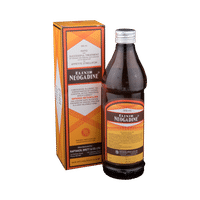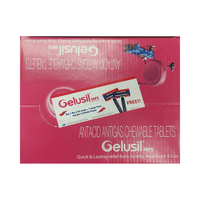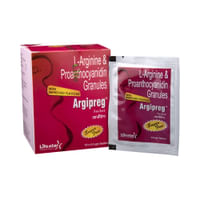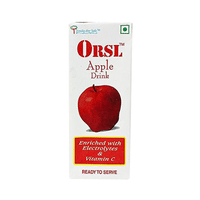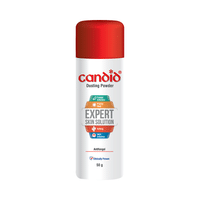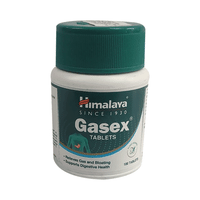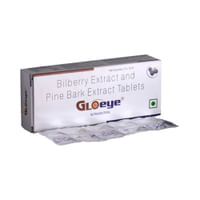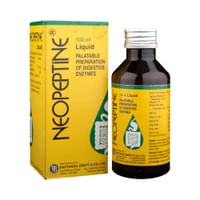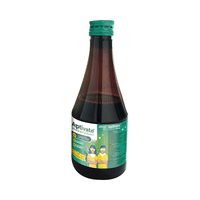Link Gel
Rs.50for 1 tube(s) (10 gm Gel each)
Link Gel માટે આંતરક્રિયાનો ખોરાક
Link Gel માટે આંતરક્રિયાનો આલ્કોહોલ
Link Gel માટે આંતરક્રિયાનો સગર્ભાવસ્થા
Link Gel માટે આંતરક્રિયાનો સ્તનપાન
Link Gel માટે આંતરક્રિયાનો મેડિસિન
ખોરાક
આલ્કોહોલ
સગર્ભાવસ્થા
સ્તનપાન
મેડિસિન
No interaction found/established
No interaction found/established
કોઇ ડેટા ઉપલબ્ધ નથી. દવા લેતાં પહેલાં કૃપા કરીને ડોકટરની સલાહ લેવી.
કોઇ ડેટા ઉપલબ્ધ નથી. દવા લેતાં પહેલાં કૃપા કરીને ડોકટરની સલાહ લેવી.
No interaction found/established
Link 2% w/w Gel માટે સોલ્ટની માહિતી
Lincomycin(2% w/w)
Link gel ઉપયોગ
બેક્ટેરિયલ ચેપ ની સારવારમાં Link Gel નો ઉપયોગ કરાય છે
Link gel કેવી રીતે કાર્ય કરે
Link Gel એ એન્ટિબાયોટિક છે. તે મહત્વની કામગીરીને હાથ ધરવા બેક્ટેરિયા દ્વારા જરૂરી હોય તેવા આવશ્યક પ્રોટિનના સંશ્લેષણને પ્રતિબંધિત કરીને બેક્ટેરિયાની વૃદ્ધિને અટકાવે છે.
Link gel ની સામાન્ય આડઅસરો
ઊલટી, માથાનો દુખાવો, પેટમાં દુઃખાવો, ઉબકા, અતિસાર
Link Gel માટે સબસ્ટિટ્યુટ
1 સબસ્ટિટ્યુટ
1 સબસ્ટિટ્યુટ
Sorted By
 Rs. 270pay 241% more per gm of Gel
Rs. 270pay 241% more per gm of Gel
Link 2% w/w Gel માટે વારંવાર પૂછાતાં પ્રશ્નો
Lincomycin
Q. How to use Link Gel?
Before using Link Gel, clean and dry the affected area. Gently and thoroughly massage it into the skin. Be careful not to get the medication in your eyes or mouth. If Link Gel gets in your eyes accidentally, wash with plenty of water and call your doctor if your eyes are irritated.
Q. How long should I use Link Gel?
Use Link Gel for as long as your doctor tells you. You may have to use it for several months to clear your acne completely. Even the initial benefits may take several weeks to appear following which you shall be able to note a gradual but definite improvement. Usually, Link Gel should be used for a maximum of 12 weeks. You may need to use more than one tube of Link Gel during each course of treatment.
Q. What does Link Gel do for acne?
Link Gel treats and prevents acne by stopping the growth of bacteria (Propionibacterium acnes) which causes it. Acne is an extremely common skin condition. During adolescence, grease glands in the skin produce extra grease in response to normal amounts of sex hormones in the body which can cause blocked pores (i.e., blackheads). When this happens, the pores are invaded by bacteria. As a result, certain chemicals are produced which go into deeper parts of the skin to produce red spots filled with pus, called acne.













